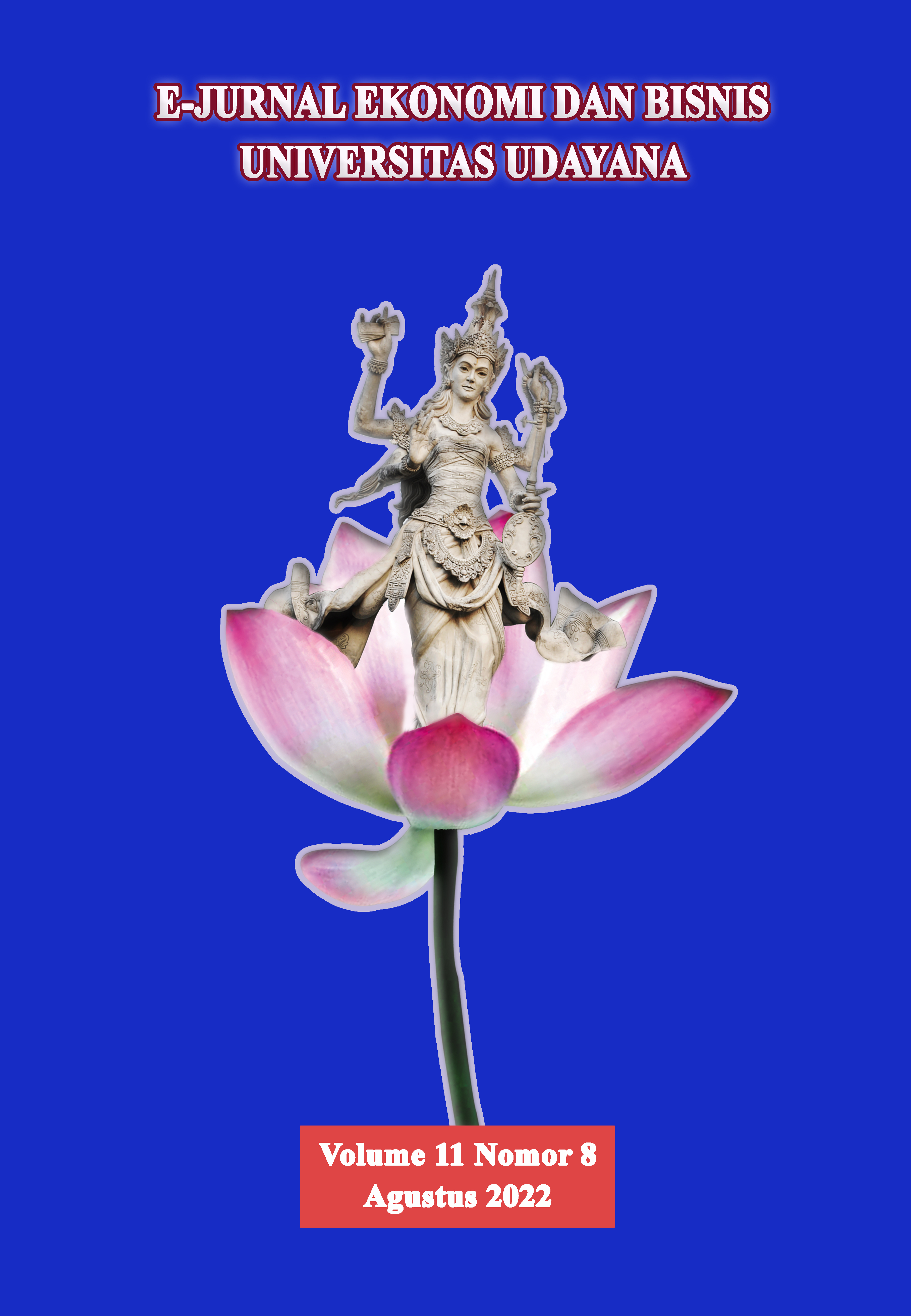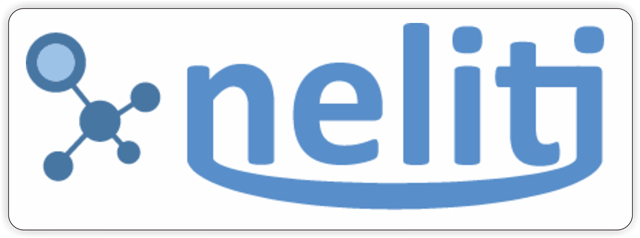PENGARUH EFEKTIVITAS PENERAPAN SIA, INSENTIF, DAN MOTIVASI TERHADAP KINERJA KARYAWAN PT. PLN (PERSERO) RAYON KUTA
Abstract
The company's performance is certainly based on the good performance of employees, such as the use of the accounting information system implemented by the company. If implemented effectively, of course, it can improve employee performance towards the company. However, a case occurred in the employees of PT. PLN, which experienced a drastic drop in performance, was caused by a plan to cut salaries. The decrease in performance is certainly influenced by a lack of motivation at work. This study aims to provide empirical evidence related to the effect of the effectiveness of the application of accounting information systems, incentives, and work motivation on employee performance. This study uses a qualitative method, by distributing questionnaires to employees. The population in this study are all employees of PT. PLN (PERSERO) Rayon Kuta, with a sample of 39. The method of determining the sample used was purposive sampling technique. This study was tested by multiple linear regression analysis. The results of this study indicate that theoretically, 1) the effectiveness of the application of accounting information systems has a significant effect on employee performance. 2) incentives have no significant effect on employee performance, and 3) work motivation has no significant effect on employee performance.


















